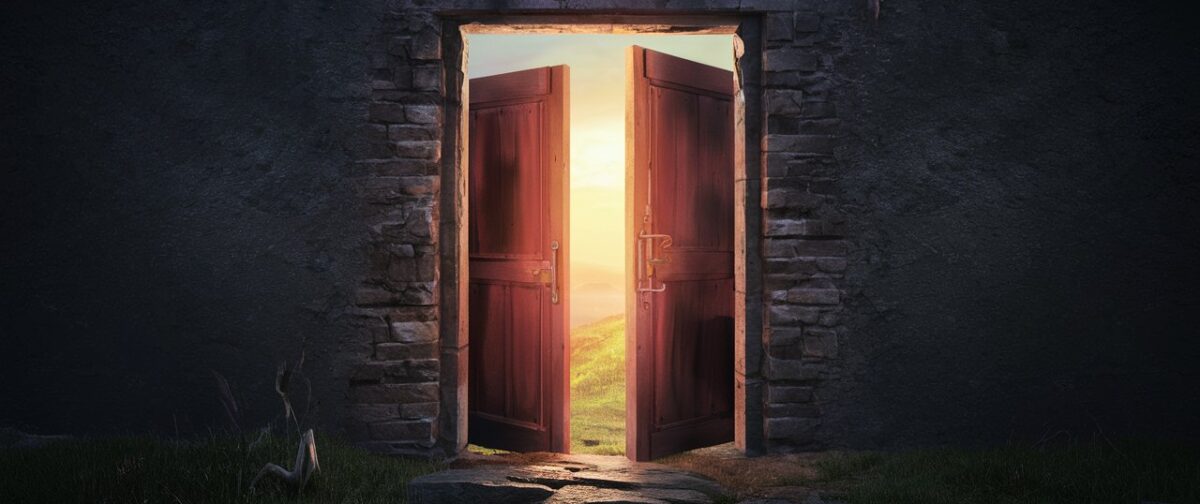
When I lived in Chicago, I did some anthropological research into what neighborhoods people considered “unsafe”. I asked a lot of people what neighborhoods they thought had high crime rates. What I noticed was that the present crime rates of the neighborhoods people mentioned were usually not that high. Instead, people would list neighborhoods that had crime rates ten to twenty years ago. As if people’s conceptions of what was safe and unsafe was really based on past decades.
I call this “reputational lag.” Something’s reputation tends to be based on what it was like (or people think it was like) a few years or decades ago.. People recall their past conceptions of the thing, even if it has substantially changed since, and thus, reputations tend to lag behind like this. This can be the case for “safe neighborhoods”, which companies are the best to work at, the best places to visit, and many other things.
Try to be aware of when you formed your perception of a place. For example, just recalling that the last time you thought of a place was when you lived there or visited it a while ago can help you realize that maybe it has changed since.
Have a similar awareness when talking with others: listen closely to when and how they experienced whatever they are talking about. Are they there now or a long time ago? Did they directly experience it, or is it a second- or third-hand account? This helps think through how to evaluate their opinion.
You can use this information to become more aware of what’s around you and to better think about what factors might influence people’s opinions about the world.
Discover more from The Cracked Door
Subscribe to get the latest posts sent to your email.
